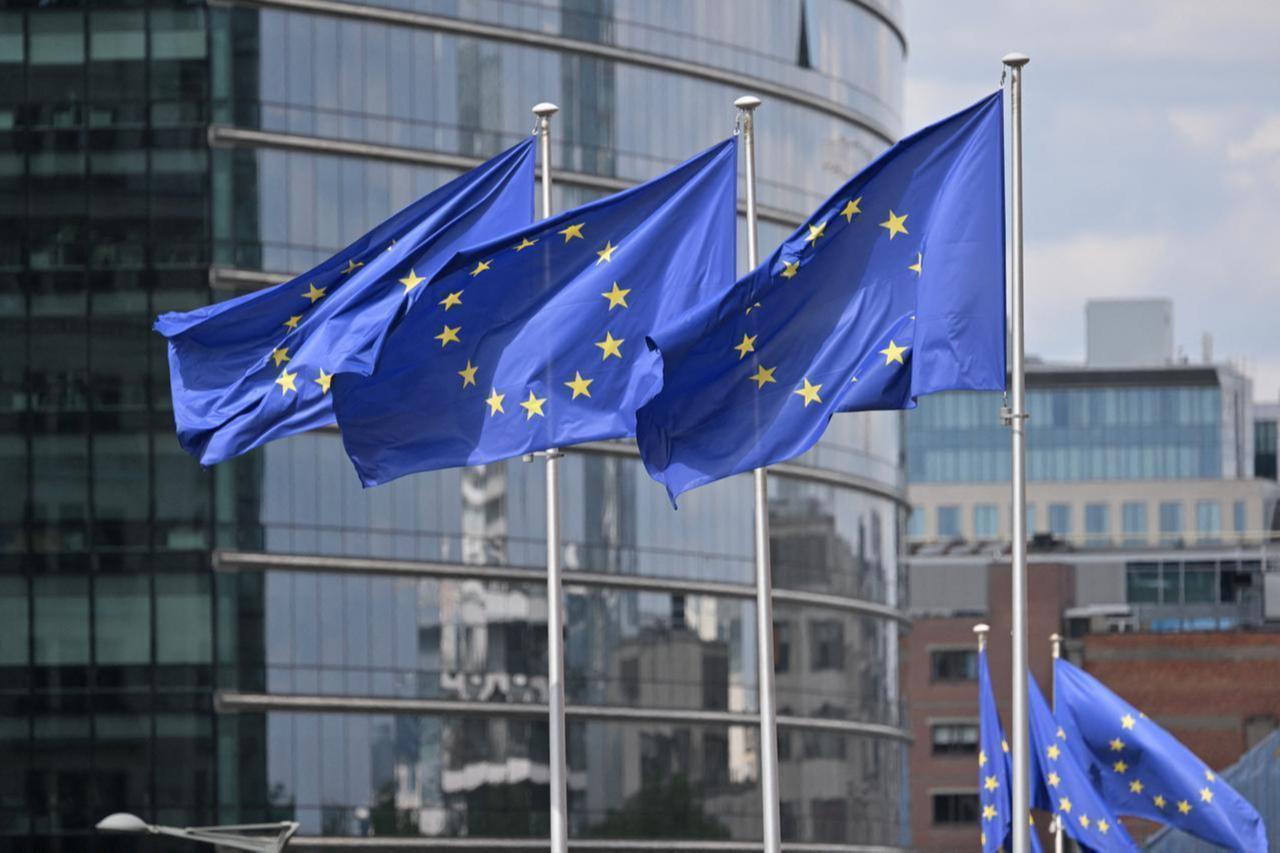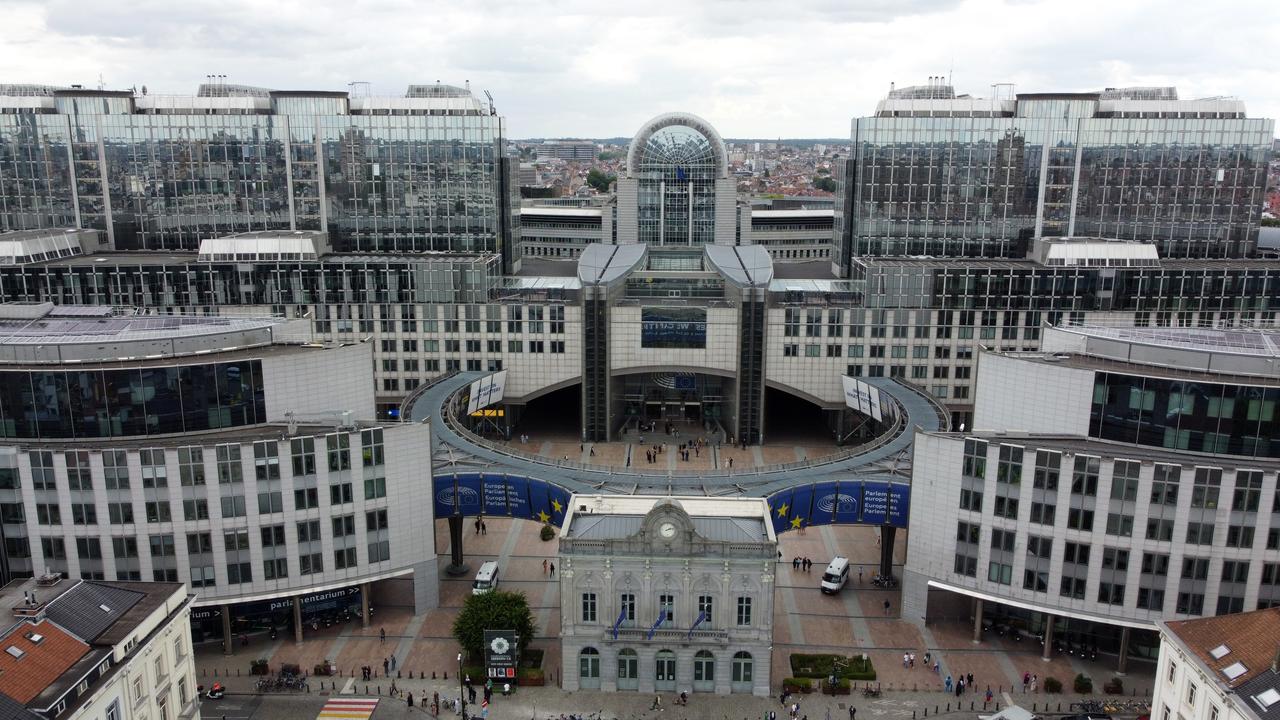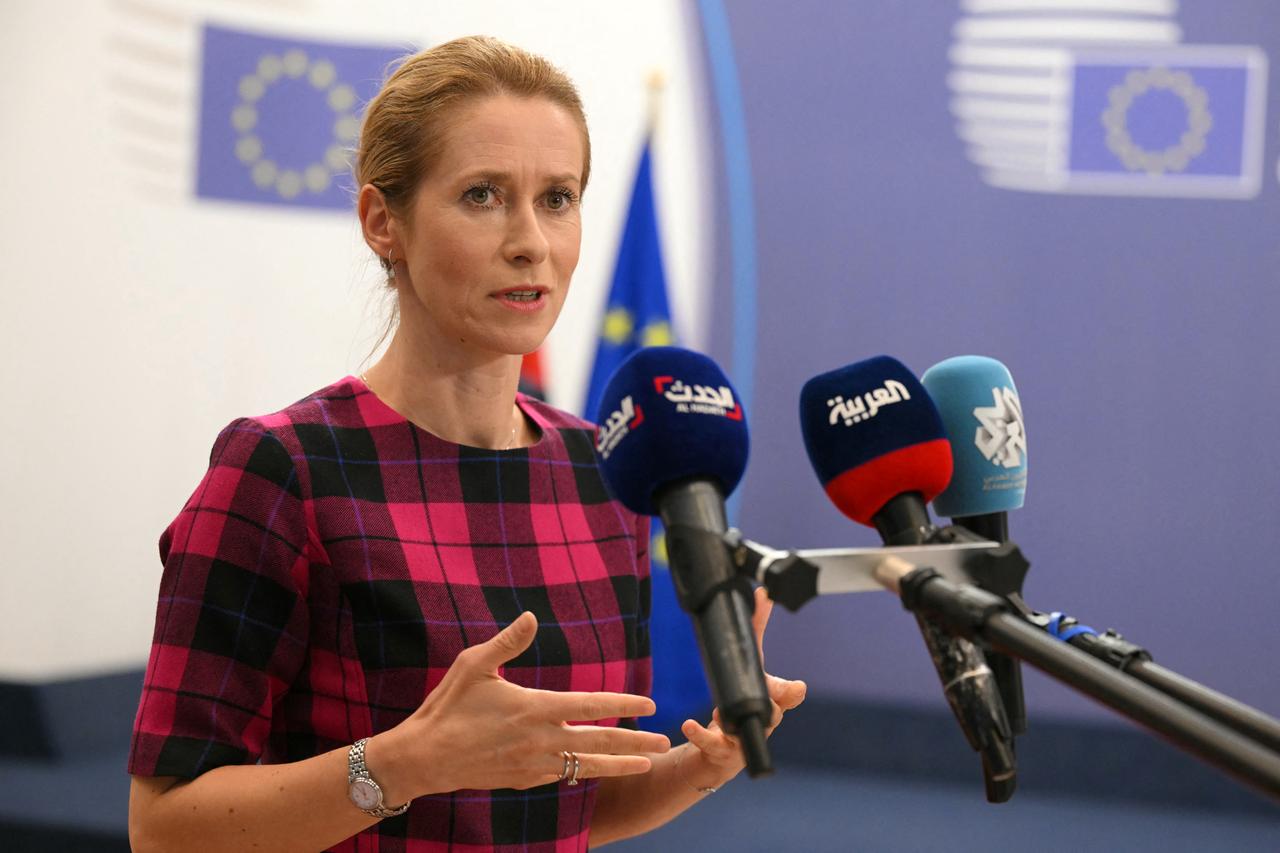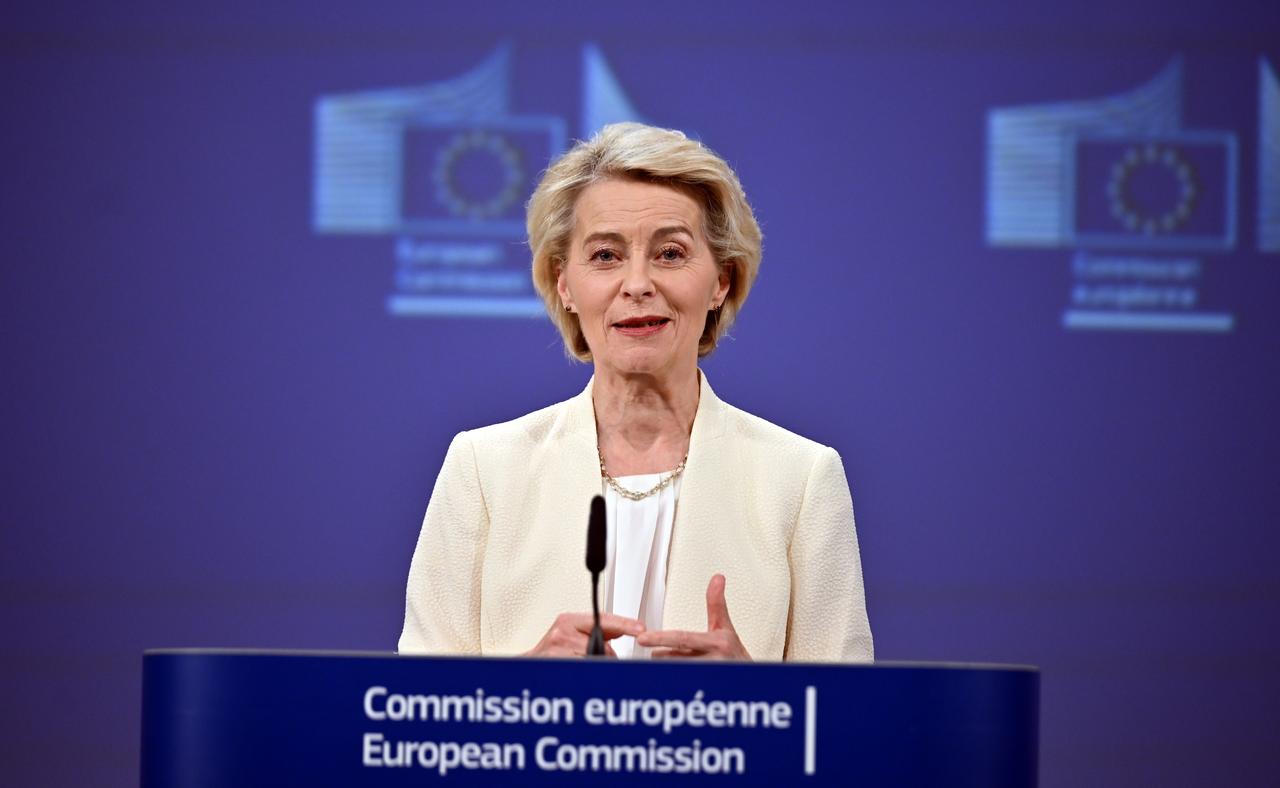
The European Union's 18th sanctions package against Russia targets four Turkish companies among 11 entities in third countries accused of enabling circumvention of existing restrictions, according to diplomatic sources cited by Euractiv.
The sanctioned companies include seven from China, including three in Hong Kong and four in Türkiye and a Russian-owned refinery in India, according to diplomatic sources.
EU member states approved the comprehensive sanctions package Friday after Slovakia lifted its weekslong veto, with the measures targeting Russia's energy sector, shadow fleet, and banking system.
"At this point, it would be counterproductive to continue blocking the 18th sanctions package," Slovakia's Prime Minister Robert Fico said Thursday evening. "All options have been exhausted for now, and remaining in our blocking position would already endanger our interests."

EU High Representative for Foreign Affairs and Security Policy Kaja Kallas said the EU approved one of its strongest sanctions packages against Russia to date.
"The EU just approved one of its strongest sanctions packages against Russia to date," Kallas said. "We are striking at the heart of Russia's war machine."
Kallas said the package includes restrictions on Nord Stream pipelines and a reduced Russian oil price cap.
"Nord Stream pipelines will be banned. The oil price cap will be further reduced," Kallas said.
The EU changed its price cap on Russian crude oil from $60 per barrel to a dynamic mechanism that will remain 15% below the average market price, starting at $47.6 per barrel.
European Commission President Ursula von der Leyen said: "We welcome the agreement on our 18th sanctions package against Russia. We brought a new dynamic price cap for Russian oil."
The sanctions ban transactions with 22 Russian banks and the Russian Direct Investment Fund and its subsidiaries. The EU listed 105 vessels in Russia's "shadow fleet," bringing the total number of banned vessels to over 400.
The package includes a ban on the direct and indirect use of Nord Stream pipelines.

French President Emmanuel Macron said he was satisfied with the EU's new sanctions package.
French Foreign Minister Jean-Noel Barrot said: "Together with the United States, we will compel Vladimir Putin to agree to a cease-fire."
"This determination was reaffirmed last Thursday during the Summit of the Coalition of the Willing, which we co-chaired with Prime Minister Starmer. The event brought together 30 heads of state and government, as well as, for the first time, representatives from the United States," Macron said Friday.
"I welcome the adoption this morning by the European Union of an unprecedented new package of sanctions against Russia," Macron added. "In hardship and in hope, France is and will remain alongside Ukraine."
German Chancellor Friedrich Merz said: "It's good that we in the EU have now agreed on the 18th sanctions package against Russia. It targets banks, energy and the military industry," adding: "This weakens Russia’s ability to continue financing the war against Ukraine. We are keeping up the pressure on Russia."
Ukrainian President Volodymyr Zelenskyy called the sanctions "essential and timely."
European Council President Antonio Costa said the new measures are part of ongoing efforts to "cripple" Russia’s ability to continue the war.
"Our support for a just and lasting peace in Ukraine is unwavering," Costa wrote on X.

Following the EU announcement, Beijing urged the bloc not to undermine Chinese enterprises.
"China always opposes unilateral sanctions that are not supported by the international law or the UNSC (Security Council)," Foreign Ministry spokesman Lin Jian told reporters in Beijing.
Lin stressed that China had "never provided" lethal weapons to parties in the Russia-Ukraine war.
"We urge the European side not to undermine the legitimate interests of Chinese companies without reasonable grounds," he said, vowing to safeguard Chinese firms.
Kremlin spokesman Dmitry Peskov called the sanctions "illegal" and said Russia has developed immunity to them.
"These sanctions are illegal. We have already gained immunity and adapted," Peskov said. "Also, every new sanctions package has a negative effect on the countries that implement them."
The EU has implemented 17 previous sanctions packages against Russia since the war began. The sanctions list includes more than 2,000 individuals and entities.
The G7 and EU countries' import ban on Russian seaborne oil and $60 per barrel price cap came into effect on Dec. 5, 2022.